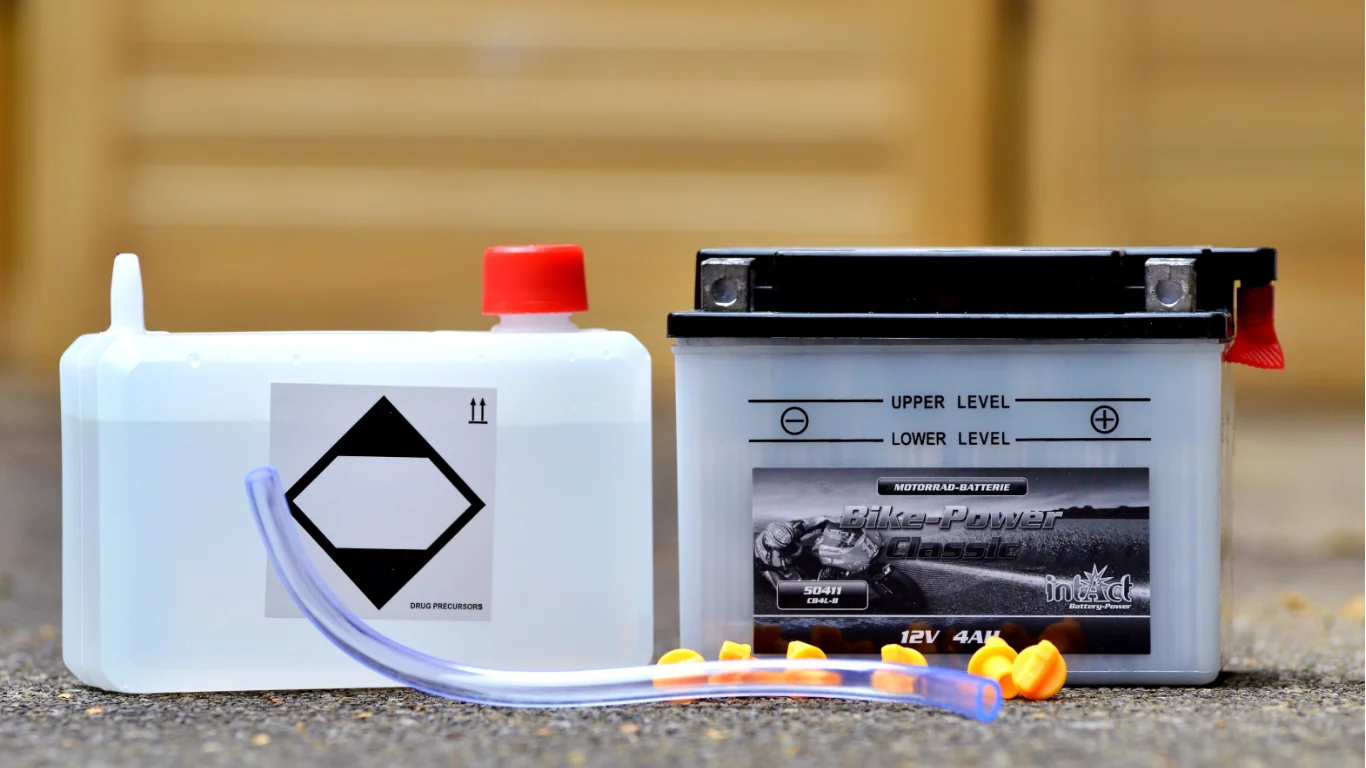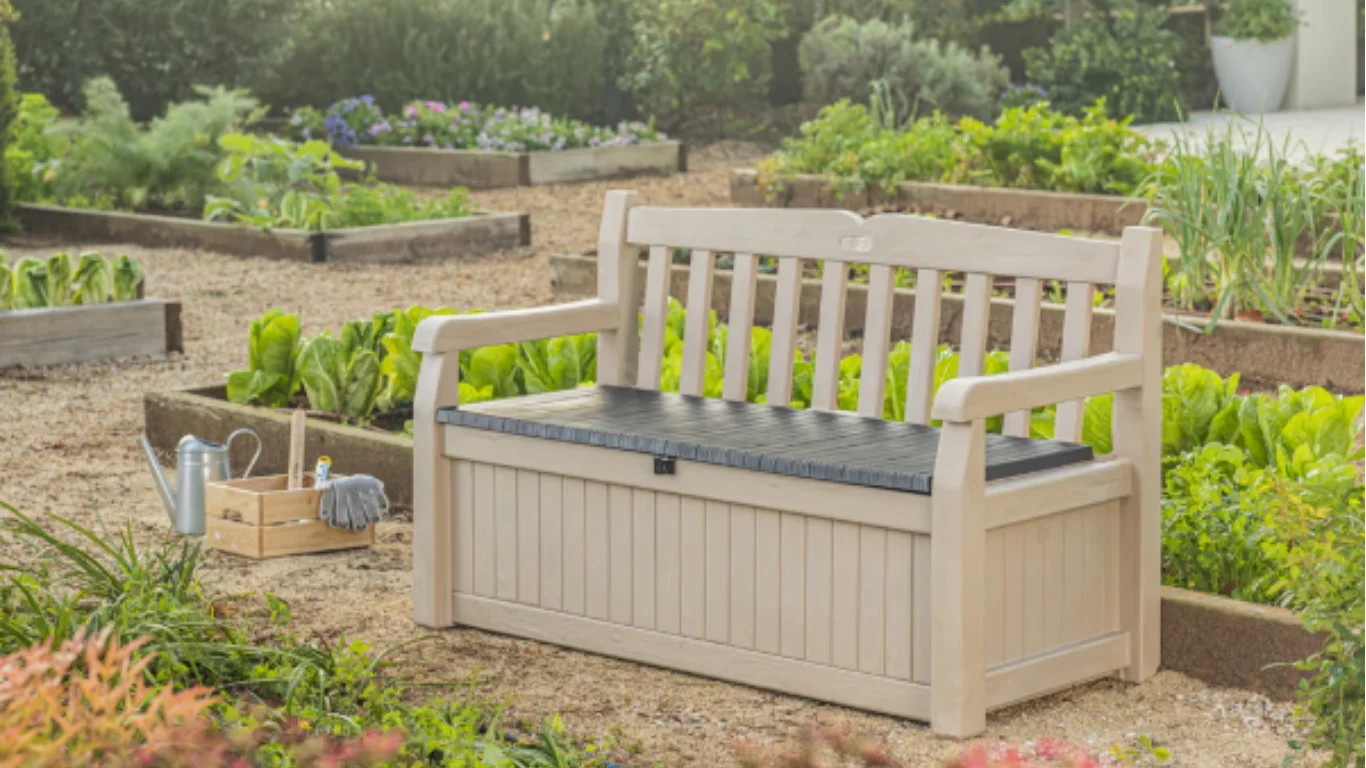Gardening is a curious hobby to adopt for all ages and has great benefits for the environment, human and social well-being. Indoor gardening has a wide range of physical, mental, social and environmental benefits and makes it a rewarding and enjoyable activity for individuals and communities alike.
Explore the numerous benefits of gardening with this complete guide, from improving mental health to enhancing physical fitness and creating a sustainable lifestyle.
Environmental Benefits:
Plants provide huge benefits to the environment for all species. Every plant has thousands of benefits for both living and nonliving as they are important factors of life.
- Plants produce oxygen for all living things.
- Clean our homes and towns.
- Remove CO2 and other toxic gasses.
- Protect us from environmental pollution.
- They are important for climate changes.
- They absorb pollution.
- Plants cool down the streets.
- Plants reduce water waste.
Gardening is important for climate change, contributing to biodiversity, supporting local ecosystems and saving natural habitats for the future generation. Plants lead to lower the harmful effects of fertilizers and pesticides, and play a vital role within the ecosystem as they produce oxygen, absorb CO2 and assist to mitigate weather change. It is assisting to lessen carbon emissions associated with transporting and packaging meals, minimizing reliance on chemical fertilizers and insecticides, and contributes to the conservation of biodiversity and surroundings.
Gardening with timber, shrubs, and perennial vegetation, helps mitigate weather exchange with the aid of taking pictures and storing carbon, reducing greenhouse gasoline emissions, and cooling the surrounding surroundings via color and evapotranspiration. Gardening promotes the recycling of organic waste materials such as kitchen scraps, yard trimmings, and leaf muddle thru composting and mulching.
Improving The Quality Of Air :
Plants absorb pollutants of carbon and release huge amounts of oxygen in return that leads to purifying the quality of air. They can help reduce air pollution and improve overall air quality. Scientific support for phytoremediation — that’s the word for plants scrubbing contaminants from the air — usually begins with a NASA study conducted in the 1980s.
Researchers then were looking to improve the air quality in a sealed spacecraft, and they concluded that the roots and soil of houseplants reduced airborne volatile organic compounds (VOCs) significantly. Recent findings suggest that you’d have to shelter a large number of plants to equal the air purifying efficiency of modern biofilters and other technologies.
Soil Health:
Planting improves soil shape and fertility. They prevent soil erosion, boom soil organic remember, and sell microbial hobby, leading to healthier soil for destiny plant boom. Gardening practices which include composting, mulching, and crop rotation decorate soil fertility, structure, and biodiversity. Healthy soils preserve productiveness for future generations.
Community And Social Benefits Of Gardening:
Gardening inspires individuals to think outside the box, problem-solve, and explore new possibilities..In one study, students who participated in school gardens took photos of their work and shared what they experienced. Students reported that the skills they learned and relationships they formed gave them a sense of personal well-being.Working in a garden with people of different ages, abilities, and backgrounds is a way to expand both what you know and who you know.
Gardening can bring humans collectively and enhance groups. Community gardens, particularly, offer opportunities for humans to connect, proportionate expertise, and paintings in the direction of a not unusual intention of growing food and beautifying shared spaces. Planting presents possibilities for bonding, teamwork, and the sharing of know-how. Gardening fosters social connections and community engagement by way of bringing human beings together to percentage experiences. Community gardening projects offer possibilities for social interplay, collaboration, and mutual help among members from diverse backgrounds.
Nutrition:
Growing your personal fruits, vegetables, vegetation and herbs lets you have an entry to clean, nutritious manufacturing at your fingertips. It promotes a more healthy eating regimen and encourages the consumption of more fruits and veggies for us, so, develop your personal garden and enjoy your lifestyles as a journey.
Sense Of Accomplishment And Boosts Confidence :
Observing the process of growing seeds into thriving plants and harvesting your own food can provide a sense of satisfaction and accomplishment and boosts self-esteem and confidence.
Connection To Nature :
Gardening fosters a crucial connection to nature by allowing individuals to observe the cycles of growth, change firsthand and appreciate the environment and encourage sustainable practices.
Enhance The Beauty Of Outdoors:
Plants enhance the beauty of outdoor spaces whether it’s a garden or community park. They provide color texture and visual interest to the outdoors and create a more pleasant environment for people to enjoy their life.
Educational Relief:
Gardening may help by providing valuable learning experiences for people of all ages. By gardening, you can learn extraordinarily about plant biology and ecology. It can help us as a practical way to teach children about responsibility, patience, and the value of hard work.
Gardening stimulates the brain and promotes cognitive function by engaging multiple senses and requiring problem-solving skills to the youth, especially students. It improves memory, concentration, and overall cognitive abilities, particularly in older adults.so gardening has great beneficial for educational purposes.
Spiritual Growth:
Gardening has great spiritual significance for people, providing a sense of connection. It fosters a deeper appreciation for the cycles of life, the interconnectedness of all living beings, the beauty and wonder of the natural world and hence leading to spiritual growth. Overall, gardening offers extraordinary benefits that extend beyond physical and environmental sustainability, social, and spiritual dimensions of human well-being.
Promote Food Security:
It is securing food as it empowers individuals to grow their own fruits, vegetables, herbs and plants. Gardening provides a sustainable and cost-effective solution to supplementing diets with nutritious foods in regions where food is expensive or limited. It plays an important role in food productions.
Benefits To Wildlife:
Plants are a good source of food to eat for wildlife animals, insects, pests and birds. They provide nectar for pollinators. They are an important source of air to breathe. Shelters for wildlife are necessary requirements that are fulfilled by plants and trees. Wood is required to make the nests for birds and is widely present in gardens. Some types of bushes and herbs can act as medicines for animals, birds and insects when they need it. Gardens offer opportunities to all living organisms to intersect each other.
Gardening Boost Your Immune System:
Gardening is one of the hobbies that gives the opportunity for spending a lot of time in the sun and increasing diet D production as you could understand. National Library of Medicine reveals , nutrition D allows to alter loads, if not heaps, of genes that help manage calcium metabolism, immune system functioning and neuromuscular systems. It improves your bone by strengthening it and prevents diseases.
By photosynthesis – the method in which plants make their own food using sunlight, your skin makes use of daylight to make one of the vitamins you want: vitamin D. Researchers estimate that a half hour in the sun can produce vitamin D to your body. Thus a little sunshine inside the garden goes a completely long way to your body.
Gardening Is Great Exercise:
Your daily need for exercise is completed when you squat, dig, bend, mulch and spend time with your garden. In fact, the CDC places even light gardening in the “moderate physical activity” category. The Centers for Disease Control and Prevention (CDC) says gardening is exercise. Activities like raking and cutting grass might fall under the category of light to moderate exercise, while shoveling, digging, and chopping wood might be considered great exercise.
Working in a garden uses all major muscle groups in your body. Studies have found that the physical exertion of working in a garden may help offset both age-related weight gain and childhood obesity. And researchers at the University of Pennsylvania reported that people who garden are more likely to get a solid 7 hours of sleep at night.
Gardening Is A Mood Booster:
Researchers found that interest in gardening boosts your mood when you spend time in a garden. According to a study, people with depression participated in a gardening intervention for 12 weeks. Afterward, researchers measured several aspects of their mental health and found that all of them were significantly improved. And those improvements lasted for months after the intervention ended.
It Minimize Exposure To Pesticides:
Grow your own garden plot that minimizes exposure to pesticide. It’s very difficult for any commercial sized operation, even an organic one, to avoid pesticides all together, but there’s a lot you can do in a small garden to avoid having to apply pesticides at all. Encouraging beneficial bugs, checking plants regularly for signs of insects, carefully pruning out bug-infested sections and other garden activities can help you avoid pesticides entirely.







